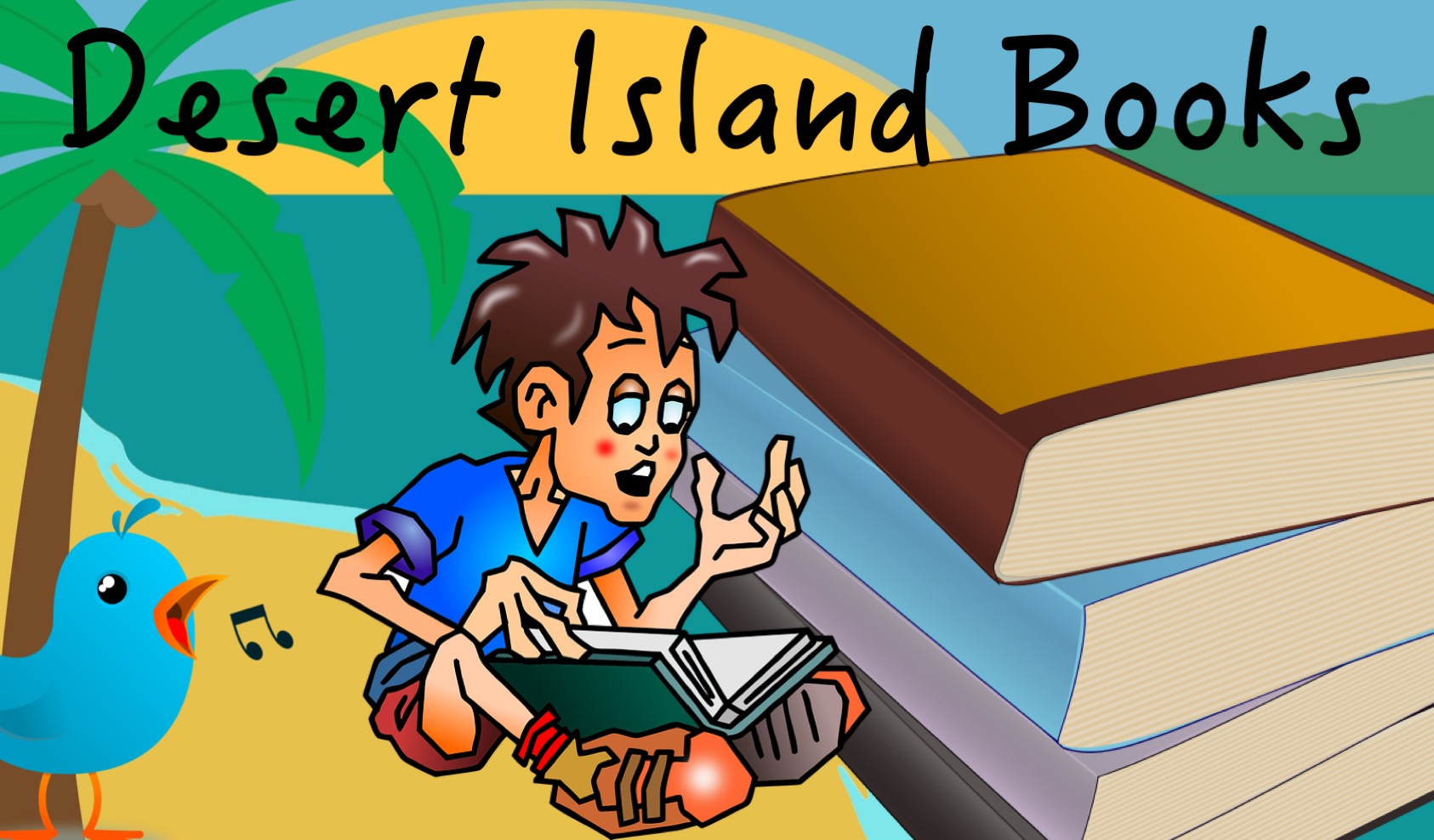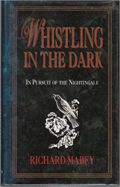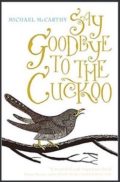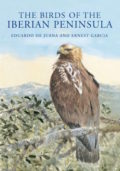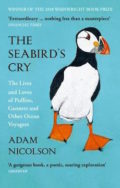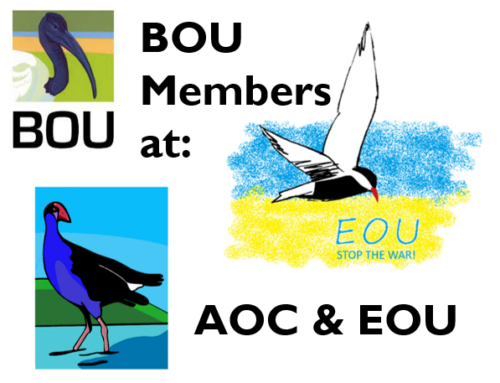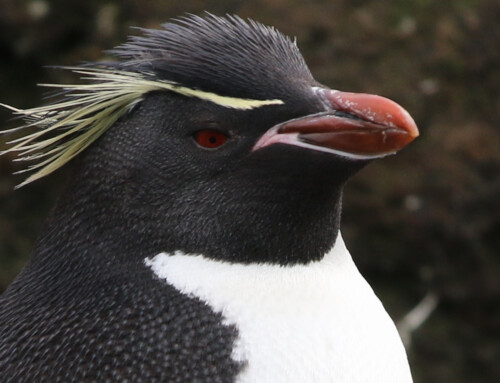
Tim Birkhead
University of Sheffield, UK
My book choices are a mixture of science, biography and history which span different aspects of the humanities. They are books that have inspired me, informed me and those I see as landmarks in ornithology. In no particular order:
Swifts in a Tower
David Lack (Metheun, 1956)
I could have chosen almost any of the several books written by David Lack. He was the 20th century’s greatest ornithologist and he wrote with deep knowledge, enthusiasm and great clarity. Recognising the vital role of individual selection in evolution, he was a major forerunner of behavioural ecology. One of my heroes.
Whistling in the Dark
Richard Mabey (Sinclair Stevenson, 1994)
A celebration of the Nightingale that is romantic, historically well-informed and utterly inspirational. I’ve read it several times, and will happily read it again: like the Nightingale’s song, Mabey’s prose takes you to another level.
Early Annals of Ornithology
J. H. Gurney (Witherby, 1921)
A wonderfully learned and quirky history of ornithology that I once dismissed because there were always so many copies in every secondhand bookshop. After I became interested in this topic, I realised what an extraordinary fund of knowledge Gurney’s book contained.
Cuckoo
Nick Davies (Bloomsbury, 2015)
An outstanding scientist who also writes like a dream and here describes his long-term research and wonderful discoveries, on this most iconic of birds, with passionate and sparkling clarity.
Say Goodbye to the Cuckoo
Michael McCarthy (John Murray, 2010)
Ex-environment editor of the Independent newspaper, McCarthy’s book is the 21st century’s Silent Spring simultaneously describing and deploring the relentless loss of our birds.
Birds of the Iberian Peninsula
Eduardo de Juana and Ernest Garcia (Chistopher Helm, 2015)
I love southern Spain and its birds and I lug this hefty volume with me each time I go – twice a year. Skillfully and well written, this a pleasure to read even on those rare days when there are no birds to watch.
The Seabird’s Cry
Adam Nicolson (Collins, 2017)
Finally, someone standing up and in the most exquisite prose, screaming about the loss of our seabirds. A wonderful mixture of science and literature, a masterpiece that is more likely than anything else to change minds and make governments take notice.
Birds of the Ancient World
Jeremy Mynott (Oxford University Press, 2108)
This is the story of where ornithology began told by a classics scholar who is a birdwatcher and a superb writer. Beautifully illustrated, this book reveals where so much of our ornithological knowledge, starting as folklore, becomes science.
Finally, if I’m allowed to take more than my books on my desert island, the three things I’d take with me (other than my binoculars and partner!) are my guitar, a box of acrylic paints and brushes, and my dog.
About the author
Tim Birkead has spent most of his career studying promiscuity and sperm competition in birds. He has also maintained a 46-yearlong study of Guillemots on Skomer (recently raising £150K through crowd funding to keep this work going beyond his retirement). In 1992 he started the on-going biennial Biology of Spermatozoa (BoS) meetings, and is one of four founders of ‘New Networks for Nature’ that celebrates creativity and natural history. Tim enjoys teaching undergraduates, public outreach and has written several books on birds — all of which he sees as part of his enthusiasm for communicating science.
Tell us about your desert island books!
We’d love to hear about the books you’d take with you to your desert island. Format exactly as above. So send us your eight books (title, author(s), publisher, year; max. 50 words on each book; your three ‘other’ items (excluding your binoculars and people), a short biography (max. 100 words) and a head and shoulders photo of yourself. We’ll
source the cover images. Email your contributions to the
BOU Office. Contributions from BOU members will be
considered for our BOU member newsletter.
Blog posts express the views of the individual author(s) and not those of the BOU.


